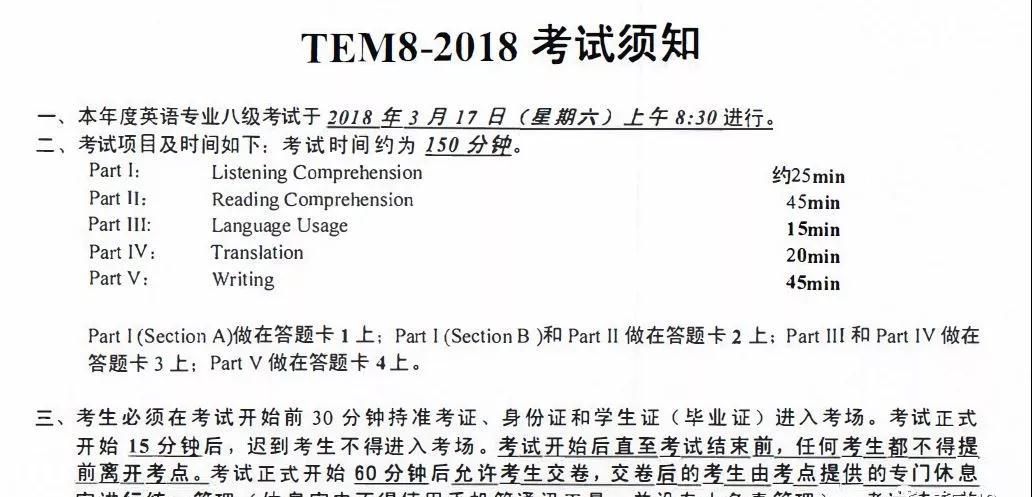考研冲刺指南Prepare like a master
|
爱思英语编者按:一年一度的“考研大战”又将拉开帷幕。辛勤备考的学子们应该如何利用好这最后五周的冲刺时间呢?不妨来听听“前辈”们怎么说。 Prepare like a master
In less than five weeks, takers of the national entrance examination for postgraduate studies will face a defining moment — all those months of hard work will finally pay off in the exam. It’s common for students to feel nervous and uncertain, but their predecessors have some tips to help them get through the final phase. Get used to the exam English and politics are the two major tests in the entrance exam. For the former, many believe that it is daily work that matters, but Yue Xiaoli, 23, a postgraduate student at Beijing Jiaotong University thinks that preparation during the final period determines how good one will perform in the real exam. Yue took the entrance exam in 2013, and got 77 in the English test. Her approach was to do old exams and simulation exams in the month leading up to the exam. “I have several friends who were also preparing for the entrance exam. We did old exams and simulation exams together on a daily basis, not only to check our language proficiency, but also to experience and get used to the real exam atmosphere,” says Yue. She allowed herself as much time for the simulation exam as in the real exam. She wanted to make sure that she was as well prepared for the exam as possible. Memorize for the writing part Similarly, Yao Zhongtao, a hydraulic engineering major postgraduate at Tsinghua University, did both old and simulation exams every day when he was preparing for the entrance exam. The 23-year-old student took the exam in 2013 for the second time and ranked second in the preliminary exam. “I took the exam in 2012, but didn’t do well due to a lack of preparation. This year I took the preparation seriously and regarded every simulation exam as the real one,” he says. This helped him in getting a higher score in the objective question part. As for the subject part, Yao believes that memorizing sample passages is of great importance. “I’m not good at English, so I did it the hard way. I memorized 40 sample passages during the final month. I used many of these sentence structures when taking the real exam,” he says. Politics not so difficult as expected As hardworking as Yao was, he felt powerless preparing for the politics exam. The complicated theories and many knowledge points drove him to despair. But he finally figured out a solution — understand and memorize them through exams. “Weeks before the real exam, I started to do simulation exams online. Though the questions in them may not appear in the real exam, I can still understand the most recent news topics and use them as examples later,” he says. Yue also offered her advice for taking the politics exam: write as much as possible in the subjective part. “When doing this part, it’s best to recall all the related knowledge points and write them down, because for the entrance exam, the score is given based on how many points you write about,” she says. “You are not punished for mentioning wrong points, but missing any important points will lead to a lower score.” |









